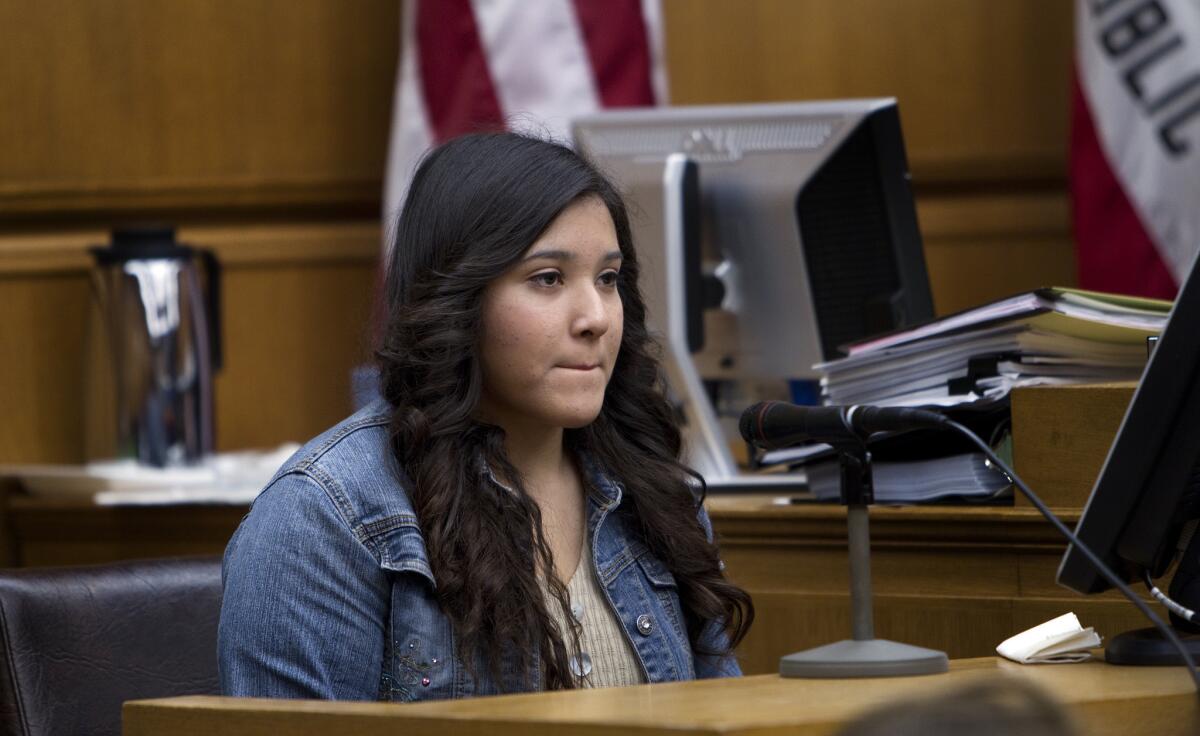Voter surveys must be neutral and without bias, pollsters say

Conducting surveys of voters’ attitudes on such controversial issues as teacher tenure, layoffs and seniority can be challenging and needs to be handled with neutrality and without bias, according to the bipartisan team that handled a recent USC Dornsife/Los Angeles Times poll.
The USC Dornsife College of Letters, Arts and Sciences and The Times released a poll this month that found that state voters oppose certain specific and strong teacher job protections in California. Most voters said that teachers receive tenure too quickly. They also preferred that, during periods of budget cuts, layoffs of instructors should be based more on performance rather than seniority.
Unions representing teachers expressed concerns about how the poll was carried out and challenged the wording of questions.
“This study was designed to measure California voters’ current, existing attitudes on a range of education issues facing the state,” said Drew Lieberman of Greenberg Quinlan Rosner Research, the Democratic half of the bipartisan polling effort. “The survey did not seek to play out a back-and-forth message debate.”
(Detailed information about the poll is available online.)
The poll questions were an attempt to present issues quickly and neutrally, limiting explanations that could skew the results, said those involved.
Preparing the survey involved extensive discussions between Lieberman’s company and a Republican firm, American Viewpoint. On other matters, these two polling operations frequently do battle on opposite sides of the partisan divide. The review also brought in the nonpartisan Jesse M. Unruh Institute of Politics at USC. Times editors reviewed questions as well.
A poll about controversial issues is always more complicated than a simple survey asking people to name their preferred candidate, said Dave Kanevsky of American Viewpoint. “Issues are a lot harder because it matters how you frame them,” he said.
Union leaders said questions that were crafted differently — and more sympathetically to the teachers’ perspective — would have yielded other results.
On layoffs, California Teachers Assn. spokesman Frank Wells suggested wording such as: “Should teacher layoffs be used to circumvent due process and current dismissal procedures?”
Kanevsky said there was a “lot of messaging” in Wells’ preferred approach, which, he said, the pollsters tried to avoid. The unions “want to provide their context to voters to change the voters’ initial opinions. We wanted to find out what their initial opinions are.”
Twitter: @howardblume
More to Read
Start your day right
Sign up for Essential California for news, features and recommendations from the L.A. Times and beyond in your inbox six days a week.
You may occasionally receive promotional content from the Los Angeles Times.






